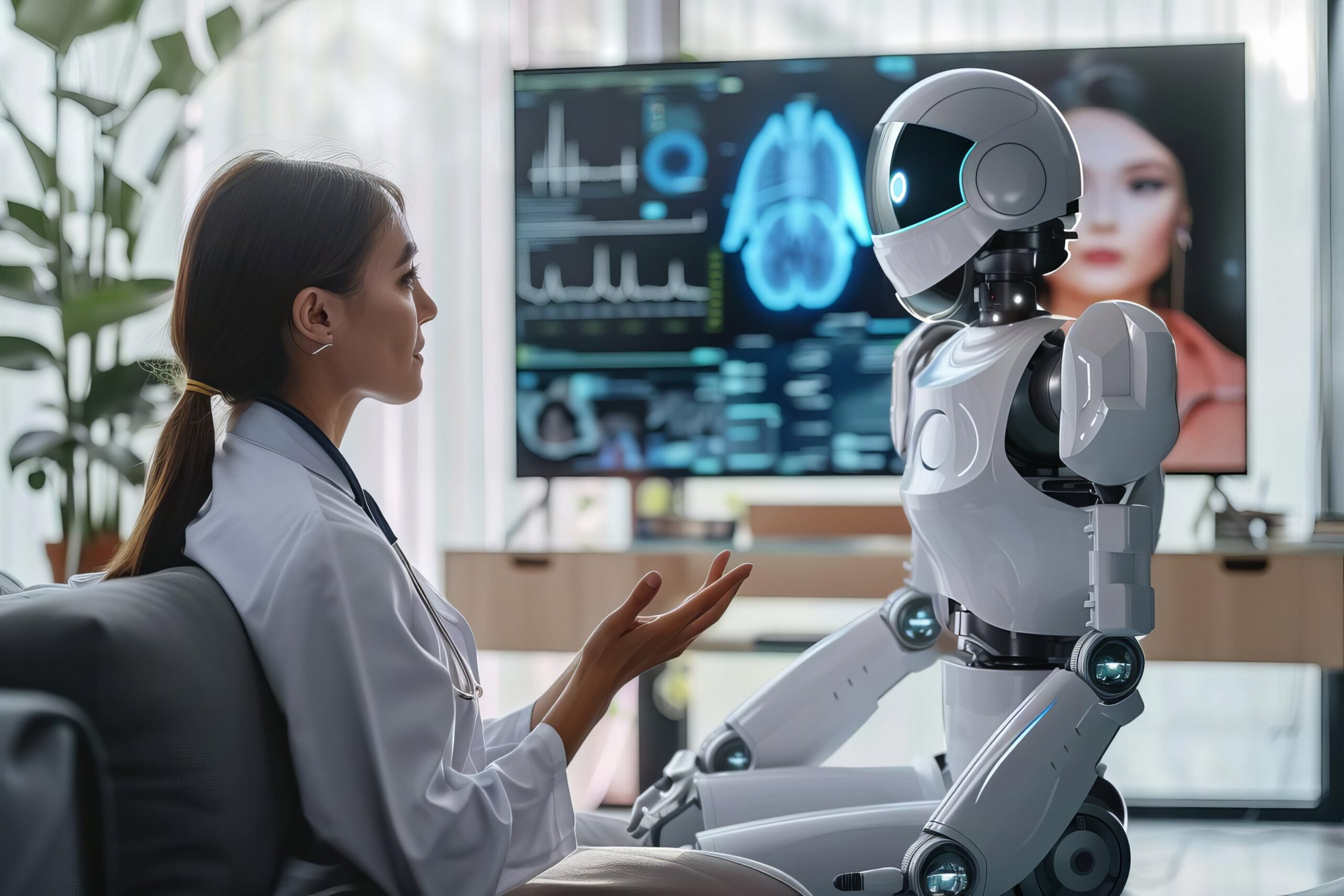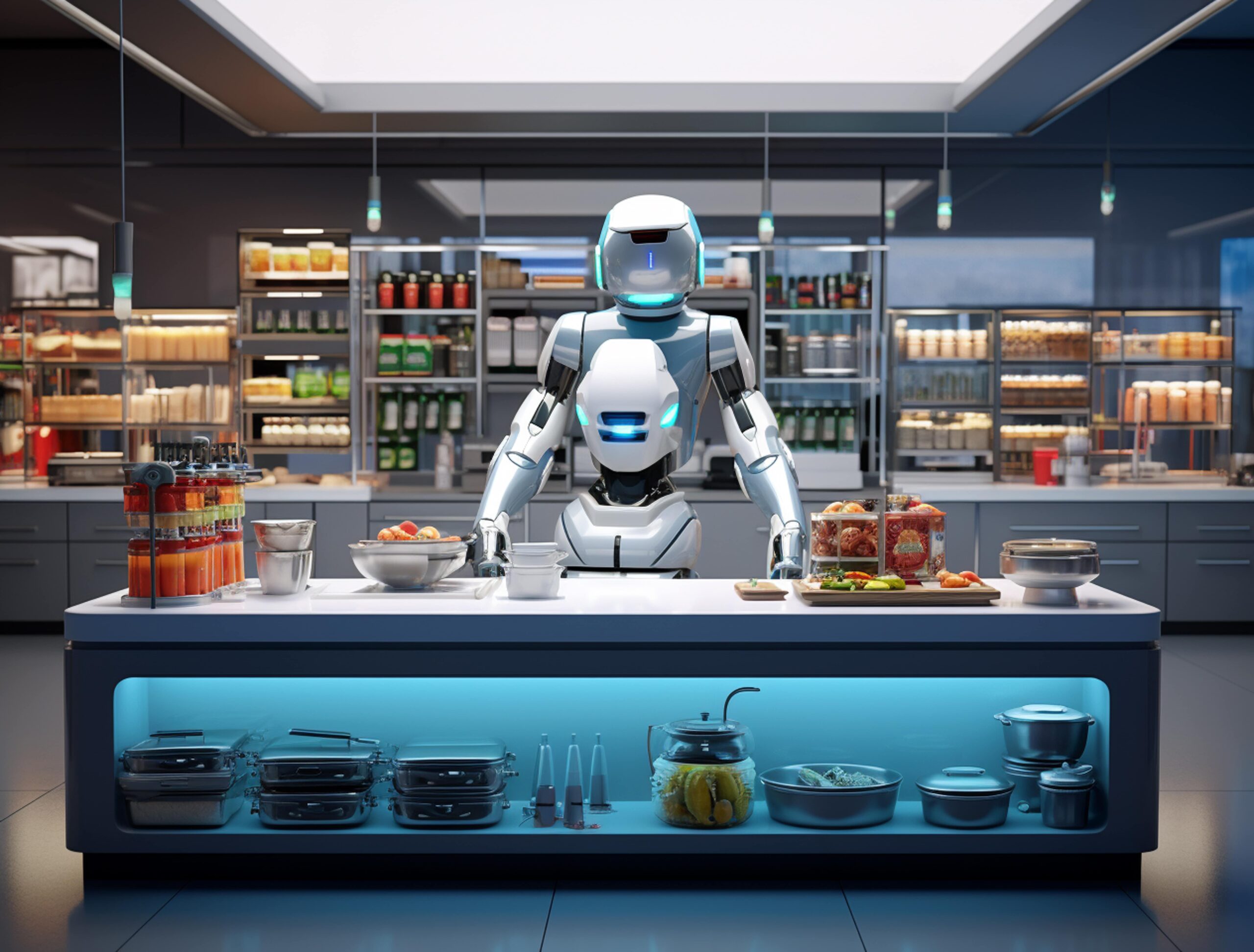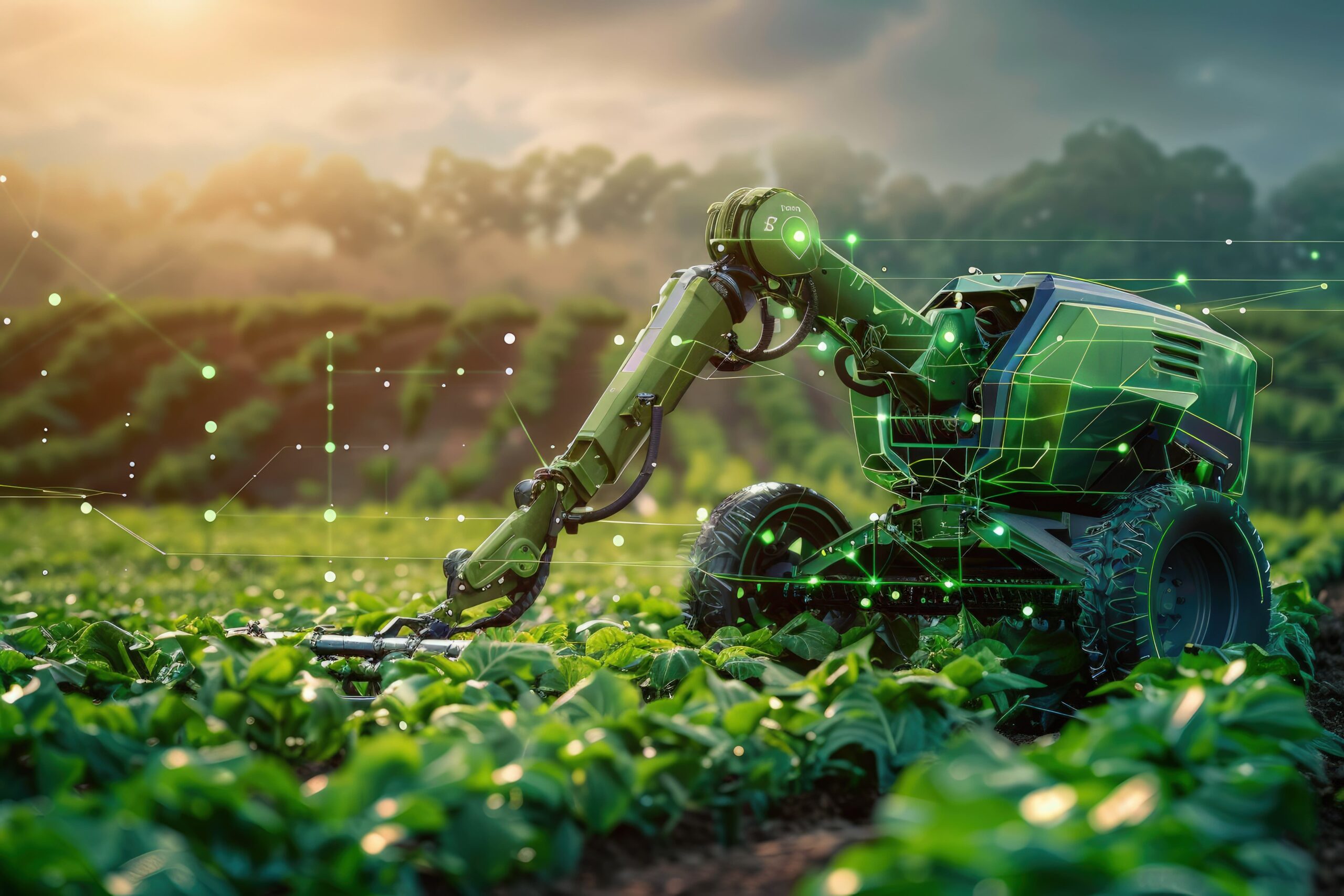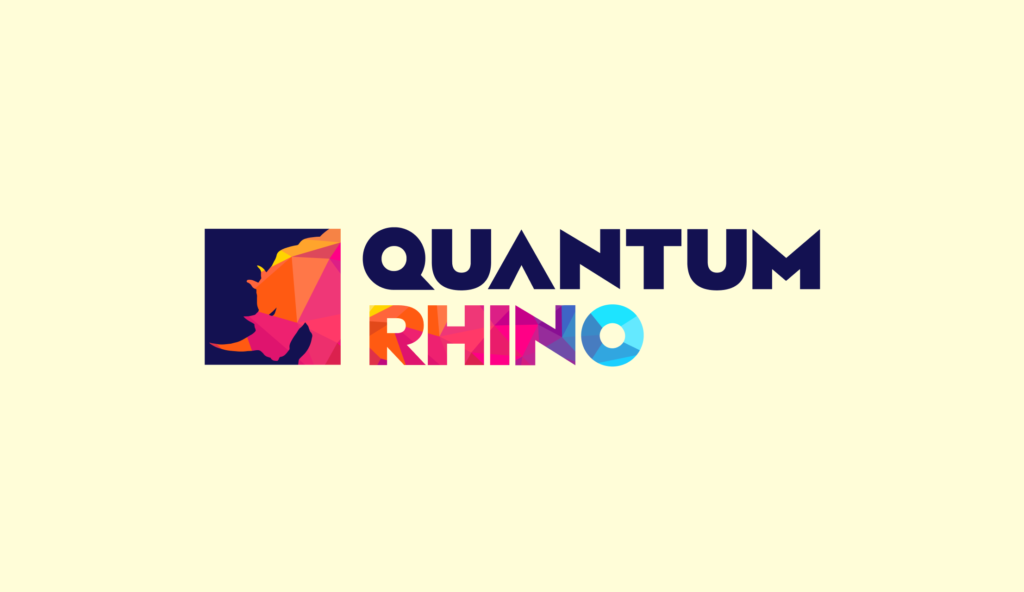The rapid advancement of technology, particularly Artificial Intelligence (AI), has sparked significant transformations across multiple sectors. From manufacturing to healthcare, AI is reshaping the way industries operate. Let’s delve into how AI is revolutionizing various fields:
Manufacturing
In manufacturing, AI-powered robotics and automation are streamlining production processes. These technologies enhance efficiency and precision, leading to higher-quality products and reduced costs. Predictive maintenance, another AI application, helps prevent machinery breakdowns by forecasting maintenance needs, minimizing downtime.
Healthcare
AI development is playing a crucial role in healthcare by improving diagnosis and treatment. Medical imaging techniques powered by AI assist in detecting abnormalities with higher accuracy. AI algorithms aid in drug discovery, accelerating the development of new medications. Personalized medicine, enabled by AI, tailors treatment plans to individual patients based on their genetic makeup and medical history.

Finance
In the financial sector, AI is optimizing decision-making and risk management. Algorithmic trading algorithms analyze vast amounts of data to identify trading opportunities and execute trades with precision and speed. AI-powered fraud detection systems enhance security by identifying suspicious transactions in real-time. Additionally, AI-driven customer service solutions provide personalized assistance to clients, enhancing their overall experience.
Retail
AI is revolutionizing the retail industry by transforming customer experience and supply chain management. Personalized recommendation engines use AI algorithms to analyze customer preferences and behavior, offering tailored product suggestions. AI-powered inventory management systems optimize stock levels, reducing overstocking and stockouts. Autonomous stores equipped with AI technology enable frictionless shopping experiences through automated checkout and inventory tracking.

Transportation
In transportation, AI is shaping the future of mobility. Autonomous vehicles, guided by AI algorithms, promise safer and more efficient transportation. AI-driven traffic management systems optimize traffic flow, reducing congestion and commute times. Fleet optimization solutions powered by AI enhance logistics efficiency, minimizing fuel consumption and emissions.
Education
AI is revolutionizing education by personalizing learning and enhancing accessibility. Adaptive learning platforms use AI algorithms to tailor educational content to students’ individual learning styles and pace. Virtual classrooms equipped with AI technology offer immersive learning experiences, transcending geographical barriers. Student support systems powered by AI provide personalized guidance and assistance, improving student success rates.

Agriculture
In agriculture, AI is improving efficiency and sustainability. Precision farming techniques leverage AI-powered drones and sensors to monitor crops and soil conditions, optimizing resource usage. AI-driven crop monitoring systems detect diseases and pests early, enabling timely interventions to mitigate crop losses. Pest control solutions powered by AI provide targeted and environmentally friendly pest management strategies.
While AI presents numerous opportunities for innovation and efficiency gains, it also raises ethical and societal concerns. Job displacement due to automation, bias in AI algorithms, and privacy implications are some of the challenges that need to be addressed. Read this blog for more information A Beginner’s Guide to AI Development: Where to Start?

Conclusion
In conclusion, AI is transforming industries across the board, revolutionizing processes, and unlocking new possibilities. Embracing AI technologies while addressing their ethical and societal implications is essential for realizing their full potential in shaping the future of work and society.
For more insights on technology and innovation, visit TheBrandWick.



